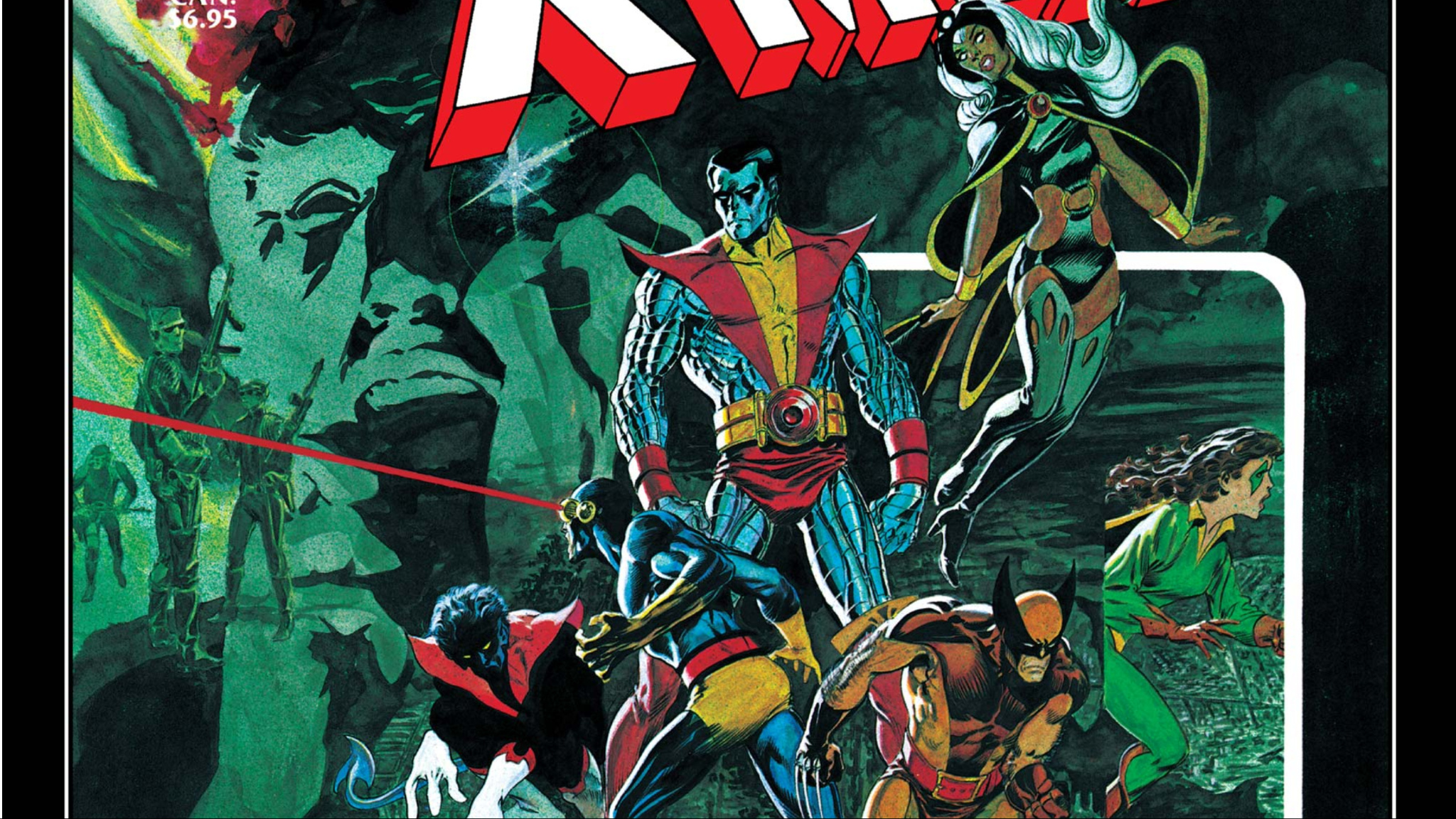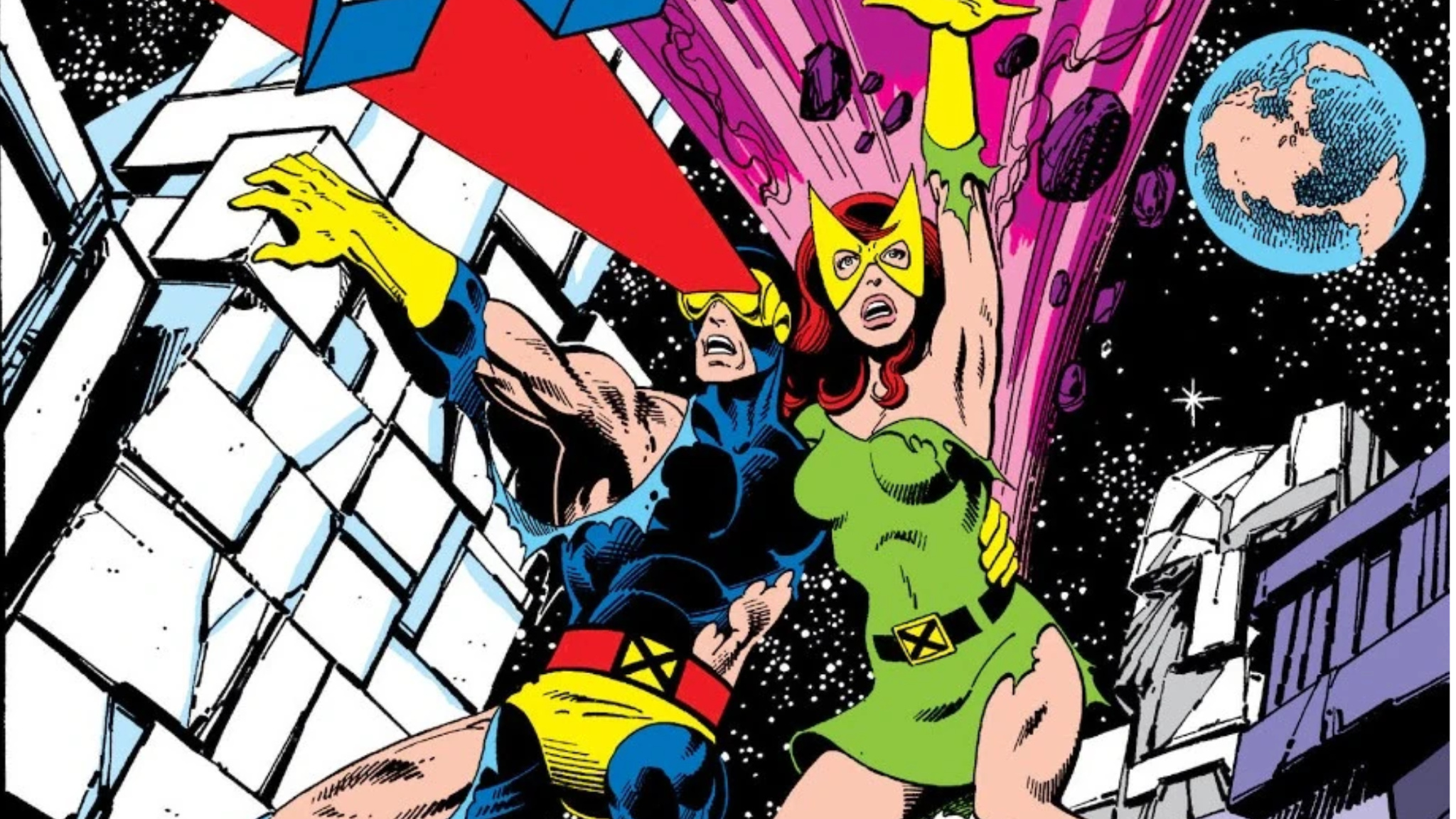
Today, the X-Men are a major force in the comic book industry, having been around for over half a century, but their early days weren’t as successful. The initial run of X-Men, issues #1-66, was one of the least popular titles during the Silver Age. While the comic managed to stay afloat, it didn’t sell well enough to create original stories, and it transformed into a reprint book from issue #67 to #93. However, everything changed with the release of Giant-Size X-Men #1 in 1974. Len Wein and Dave Cockrum revitalized the X-Men concept, attracting readers once more. Although Wein didn’t pen X-Men #94, a writer who would significantly impact the X-Men – and comics – for years to come took over: Chris Claremont.
For seventeen years starting from 1974, Chris Claremont penned the renowned comics X-Men/Uncanny X-Men. He took a brief hiatus in the late ’90s but returned for approximately a year in 2000 and again for around three years from 2004. Since then, he has contributed numerous X-Men miniseries. Chris Claremont is widely acclaimed for crafting some of the most memorable X-Men stories, shaping characters and ideas that cemented the X-Men’s place in pop culture. While his contributions are often celebrated, they seldom discuss how vital Chris Claremont was to the evolution of comic books as a medium. His work on the X-Men was pioneering, and no writer has brought about such a revolutionary change in the X-Men series since.
Claremont Brought a Maturity to Comics That Presaged the Future

As a devoted cinema enthusiast, I can’t help but express my profound admiration for Chris Claremont’s work, particularly “The Dark Phoenix Saga.” This epic tale, nestled within the X-Men universe, is undeniably my favorite Marvel story. It masterfully blends exhilarating superhero action with a narrative scope that transcends the cosmos, all while weaving a heartrending yarn that Claremont, alongside artists Cockrum and John Byrne, had been developing since X-Men #101.
In essence, “The Dark Phoenix Saga” is a graphic novel retelling of a Greek tragedy. While tragic tales echoing the greats were not uncommon in comic books by the time this masterpiece was released, Claremont’s unique narrative style imbues the characters with raw, palpable emotions that linger long after the final page. I urge you to revisit this story; you’ll find a narrative with an emotional depth that resonates deeply.
“The Dark Phoenix Saga” is a testament to Claremont’s artistic brilliance, but it serves as merely the opening act. His subsequent works continue to captivate and inspire, further cementing his legacy in the world of comics.
I’ve always admired Chris Claremont’s work because of his exceptional storytelling. Initially, he adhered to the common storytelling practices of the time, crafting brief one or two-issue stories designed for kids who might have missed an issue. Yet, even then, there was something distinctive about Claremont. His profound understanding of characters and rich prose had a magnetic pull on readers.
Claremont’s writing can be quite verbose, but that’s part of its charm. Every caption box and thought bubble draws you deeper into the story, deeper into the characters. Unlike many others in his field during those years, Claremont wasn’t afraid to tackle mature themes when most readers were still kids and teens. He didn’t shy away from using five-dollar words, treating young readers with respect rather than talking down to them. This approach made a significant impact on his work.
While creators such as Frank Miller and Alan Moore often receive the limelight for maturing the comic book medium, Chris Claremont also deserves recognition in this regard. For instance, consider the story “God Loves, Man Kills” from 1982 – it delved into the complex relationship between religion and bigotry, foreshadowing Moore’s work on Swamp Thing. What makes this significant is that Claremont took the long-standing civil rights metaphor within the X-Men series and brought it to the forefront. Unlike many of his peers, Claremont wasn’t hesitant to hold a mirror up to society and challenge societal norms through his work.
In fact, Claremont tackled subjects like sex, fetishes, and even explored bisexuality in his characters – themes that were uncommon in superhero comics at the time. X-Men enthusiasts often argue that every character penned by Claremont is secretly bisexual, a testament to his progressive approach. Despite being bound by the rules of the Comic Code Authority, Claremont managed to address taboo topics with subtlety and finesse.
The storyline ‘Days of Future Past’ has similarities to sci-fi tales from the 1950s, and it paved the way for dystopian futures in comic books. Claremont’s work was exceptionally diverse when diversity wasn’t common, setting a benchmark for future comics in the ’70s and ’80s. His contributions laid the foundation for pioneers like Miller and Moore to advance the medium. Claremont constructed a universe around X-Men, tackling mature themes at a time they weren’t prevalent. However, he often doesn’t receive the recognition he deserves because ‘X-Men/Uncanny X-Men’ was primarily known as a superhero comic.
Chris Claremont Showed Readers the Future

The first issue of Giant-Size X-Men marked a significant resurgence in the popularity of the X-Men. It’s highly likely that without Chris Claremont, our discussions about the X-Men wouldn’t be happening today. Claremont skillfully built upon the foundations laid by Stan Lee and Jack Kirby’s original X-Men series, crafting some of the most memorable superhero stories during his time. Regrettably, Claremont is often overlooked in conversations about the greatest comic writers, a situation that is truly unjust. For almost two decades, Claremont contributed significantly to the X-Men, and while his later works may not be as impressive, they remain enjoyable comics.
Claremont’s contributions to the X-Men/Uncanny X-Men series were groundbreaking. He fundamentally transformed the superhero comics landscape, and his mature storytelling laid the foundation for the comics we enjoy today. Claremont introduced unique stories and characters that have significantly shaped the comic book industry, leaving a lasting impact that continues to this day.
Read More
- WCT PREDICTION. WCT cryptocurrency
- The Bachelor’s Ben Higgins and Jessica Clarke Welcome Baby Girl with Heartfelt Instagram Post
- AMD’s RDNA 4 GPUs Reinvigorate the Mid-Range Market
- Guide: 18 PS5, PS4 Games You Should Buy in PS Store’s Extended Play Sale
- Chrishell Stause’s Dig at Ex-Husband Justin Hartley Sparks Backlash
- Royal Baby Alert: Princess Beatrice Welcomes Second Child!
- PI PREDICTION. PI cryptocurrency
- Studio Ghibli Creates Live-Action Anime Adaptation For Theme Park’s Anniversary: Watch
- SOL PREDICTION. SOL cryptocurrency
- Viola Davis Is an Action Hero President in the ‘G20’ Trailer
2025-05-04 20:42